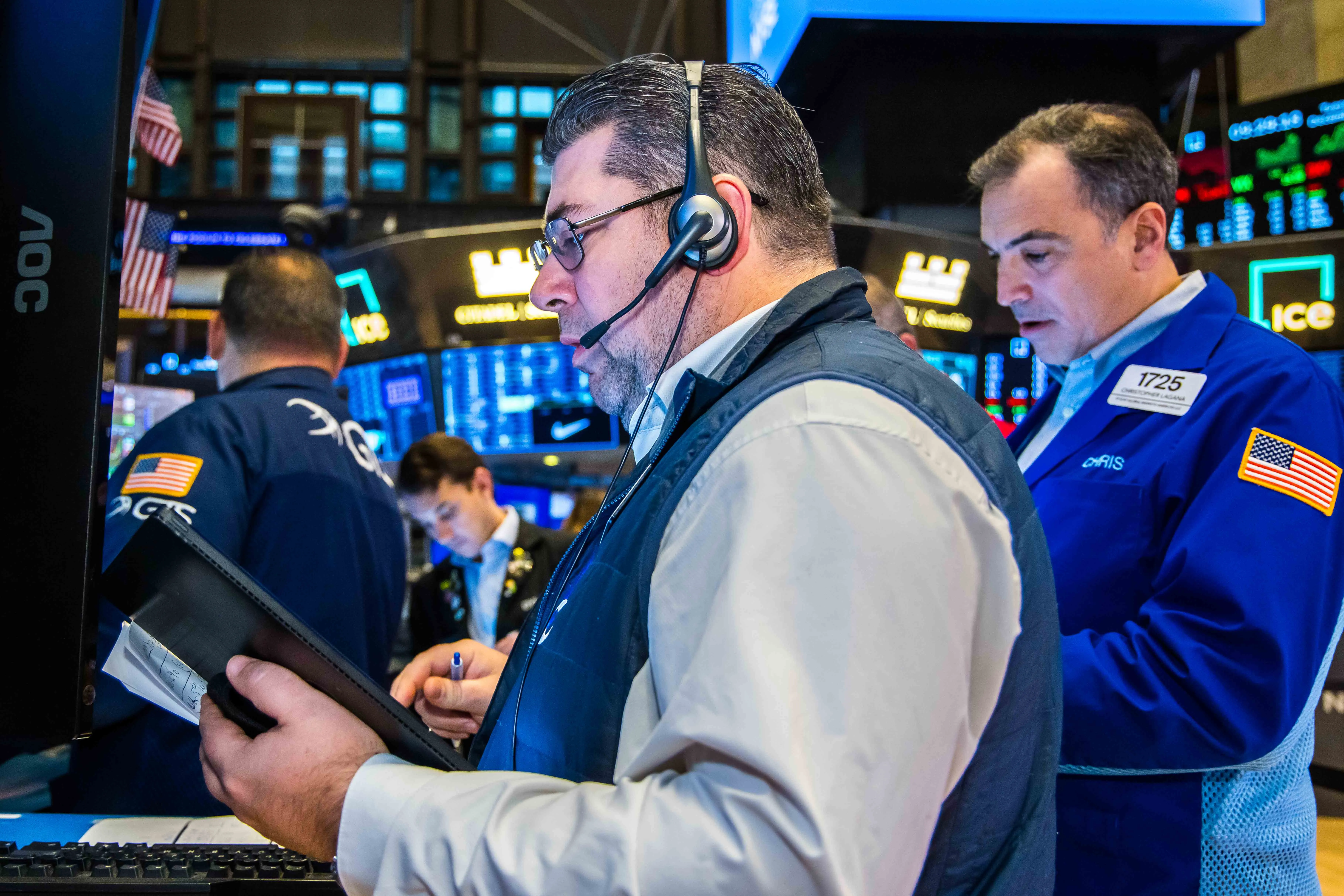Hedge funds that specialize in emerging-market (EM) debt are shifting toward more cautious investment strategies as they look to lock in strong double-digit returns amid an ongoing rally in developing world assets. With EM debt funds delivering nearly 13% in annualized returns—outpacing all other hedge fund categories tracked by Bloomberg indexes—managers are now focused on protecting gains while continuing to capitalize on global momentum.
Recent global capital flow data indicates continued strength in the asset class. The premium investors demand to hold emerging-market sovereign bonds over U.S. Treasuries has dropped to its lowest level in 15 years.
While this signals high investor confidence, it also reflects elevated valuations that are prompting hedge funds to minimize risk exposure. These funds are reducing their holdings of longer-dated bonds in favor of safer, shorter-term instruments. They're also concentrating on higher-quality debt and ensuring portfolios remain liquid with significant cash reserves.
Anthony Kettle, co-manager of the BlueBay Emerging Market Unconstrained Bond Fund, said current valuations make it risky to be heavily invested in long-term credit. “Having some dry powder and running higher cash levels clearly makes sense,” he noted.
Alongside co-managers Polina Kurdyavko and Brent David, Kettle has overseen a 17% return for the $784 million fund over the past year. He emphasized that despite the caution, the market still offers a favorable environment for returns, particularly for active managers who can profit from both rising and falling prices—unlike index-tracking investors.
The surge in emerging-market debt interest stems in part from a search for alternatives as U.S. policy uncertainty rattles confidence in traditional assets. The weaker U.S. dollar has also boosted demand. Many developing economies have moved past the distressed debt phase, and investor sentiment has improved. Still, risks persist, including the threat of renewed conflict between Iran and Israel or further U.S. tariff hikes, particularly those targeting buyers of Russian energy.
Demetris Efstathiou, Chief Investment Officer of the Blue Diagonal EM Fixed Income Fund, warned that the Trump administration’s erratic foreign and trade policies have disrupted traditional market safe havens. “The breakdown of old global structures has created an unusual and unpredictable environment,” he explained. Efstathiou’s fund has responded by taking a more defensive stance—focusing on shorter-duration bonds and avoiding lower-quality credits to prepare for any economic slowdown or market disruption.
His strategy includes allocating more capital to highly rated (AAA and AA) sovereign issuers in emerging markets, as well as countries with large, resilient domestic markets such as Brazil, Turkey, and Mexico. These economies are seen as better positioned to weather potential global headwinds due to their reduced reliance on external debt and stronger local demand.
So far this year, dedicated EM bond funds have attracted $31 billion in inflows, with positive net positioning recorded for 14 consecutive weeks. This surge in investment reflects renewed global appetite for developing-nation assets, especially as markets adjust to the diminishing dominance of U.S.-centric strategies.
In the week ending July 23 alone, the asset class attracted nearly $5.7 billion in new investments, one of the highest weekly totals on record, according to EPFR Global data cited by Bank of America economists.
For some managers, such large inflows are a signal that markets may already be priced for perfection—a so-called “Goldilocks scenario” in which the risk of a major economic downturn has faded and expectations are growing for interest rate cuts by the Federal Reserve.
The $847 million Enko Africa Debt Fund, managed by Alain Nkontchou, echoed this view in a letter to clients. The Africa-focused hedge fund returned an impressive 24% over the past year and cautioned that while current market pricing reflects an optimistic outlook, risks remain.
In light of this uncertainty, many managers believe that the buy-and-hold approach may not be as effective going forward. Instead, they’re prioritizing liquidity to allow quick adjustments to portfolios should investor sentiment sour. ProMeritum Investment Management LLP, a $700 million firm focused on emerging markets outside of China, is among those placing a premium on flexibility.
“Liquidity management will be crucial in the second half of the year,” said Evgueni Konovalenko, ProMeritum’s managing partner and head of strategy. He noted that unpredictable policy shifts and constant geopolitical developments require hedge funds to be agile, taking advantage of both long and short opportunities as market conditions evolve daily.
In short, while hedge funds in the EM debt space are enjoying a period of strong performance, they’re not getting complacent. With geopolitical risks looming and valuations near historical highs, many are bracing for turbulence by adopting more defensive, liquid, and selective investment strategies. Their goal: to ride the rally while remaining nimble enough to react swiftly when the next big headline hits.

Subscribe to our newsletter!
As a leading independent research provider, TradeAlgo keeps you connected from anywhere.








